Beijing gives Australian citizen Yang Hengjun suspended death sentence
Yang Hengjun’s suspended death sentence will strain Beijing’s only recently stabilised relationship with Canberra.
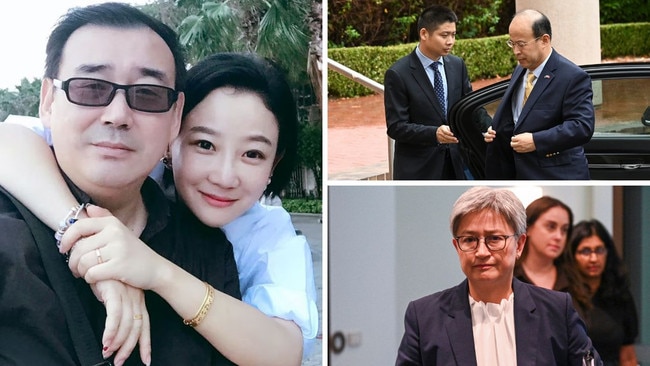
Australian father Yang Hengjun has been given a suspended death sentence by the Chinese government, devastating his family and straining Beijing’s only recently stabilised relationship with Canberra.
Dr Yang’s sentence for espionage charges – delivered on Monday morning – may be reduced to life in prison after two years of good behaviour. His wife, Yuan Xiaoliang, was in court to hear the sentence. An exit ban means she is not allowed to leave China.
A spokesman for Dr Yang’s family said the sentence was at the “extreme end of worst expectations”. “The family is obviously shocked and devastated by this news,” the spokesman said.
John Kamm, who founded the Duihua foundation, which advocates for detainees in China, said the punishment was unusually harsh. “I believe this is the harshest sentence passed by a Chinese court on a foreigner for espionage in recent memory, perhaps since 1949,” Mr Kamm said.
Feng Chongyi, Dr Yang’s friend and PhD supervisor at the University of Technology Sydney, said Dr Yang had been sentenced on a “fabricated charge of espionage”.
Dr Feng told The Australian the charges were over claims Dr Yang gave “top-secret” information to Taiwan’s security officials when he was based in Hong Kong.
“The accusation is that he did something wrong 28 years ago … to reveal some secret to the Taiwan government. That’s ridiculous. If he actually did something wrong they would have punished him long ago,” Dr Feng said.
Foreign Minister Penny Wong on Monday said the Australian government was “appalled” by the sentence and instructed Department of Foreign Affairs secretary Jan Adams to summon China’s ambassador in Canberra, Xiao Qian.
“This is harrowing news for Dr Yang, his family and all who have supported him,” Senator Wong said.
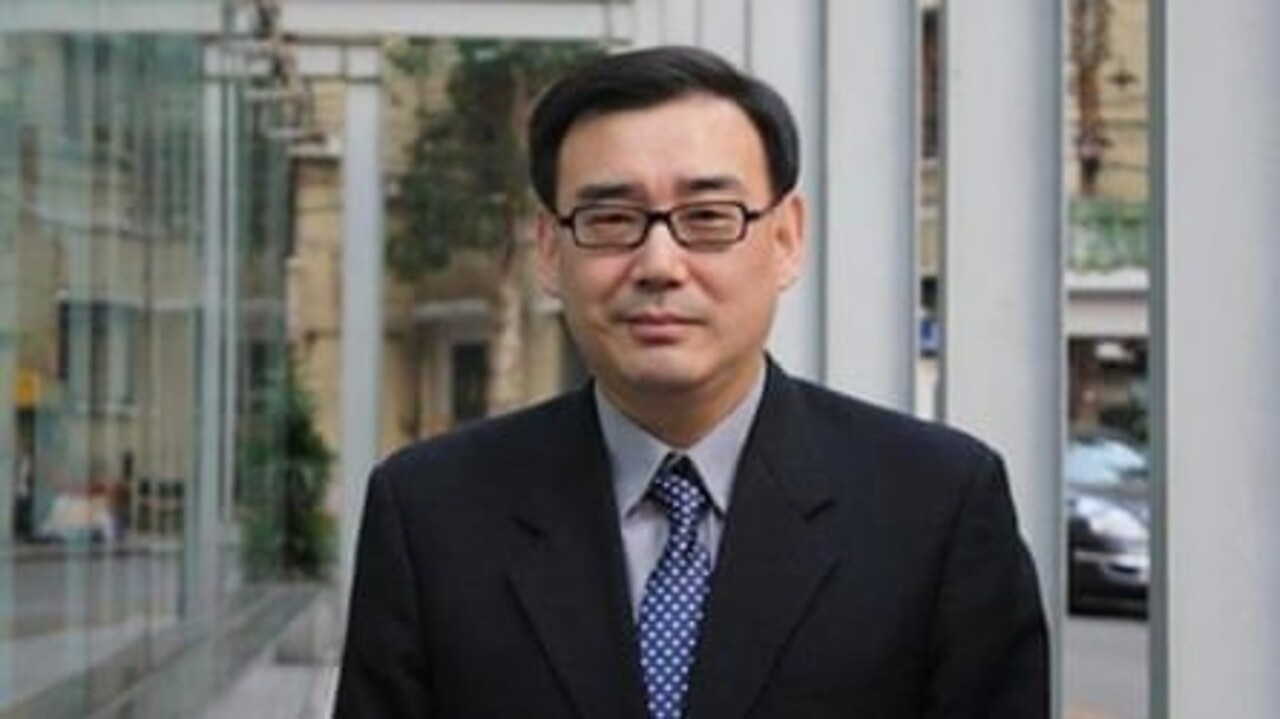
“The Australian government will be communicating our response in the strongest terms. Australia will not relent in either advocacy for justice for Dr Yang’s interests and his wellbeing.”
Dr Yang, 58, had been in detention in China since he was arrested at Guangzhou airport by 10 Chinese security agents in January 2019.
His more than five years in detention has included being kept in a 1.2m-wide cell with other prisoners in which the lights were always on, and being interrogated for hours at a time while shackled.
He has always claimed he is innocent of the charges, which were prosecuted in a highly secretive closed-door trial in Beijing. Australia’s ambassador in China was denied entry to the proceedings.
Dr Feng, an associate professor in China studies at UTS, said he was worried that if Dr Yang appealed, it would lead to renewed torture from Chinese prison officials, which could kill him.
“Five years of arbitrary detention and torture have taken a heavy toll on his health. He is now critically ill,” Dr Feng said.
“The Australian government should make it the top priority to arrange medical parole for Dr Yang and bring him back to Australia as soon as possible.”
Monday’s sentencing came only three months after his sons had written a letter to Prime Minister Anthony Albanese pleading that their father’s plight would be brought up in a meeting in Beijing with Xi Jinping in November.
The naturalised Australian citizen – once known to his huge Chinese language readership as the “democracy peddler” – is one of the most complicated consular cases ever dealt with by Canberra.
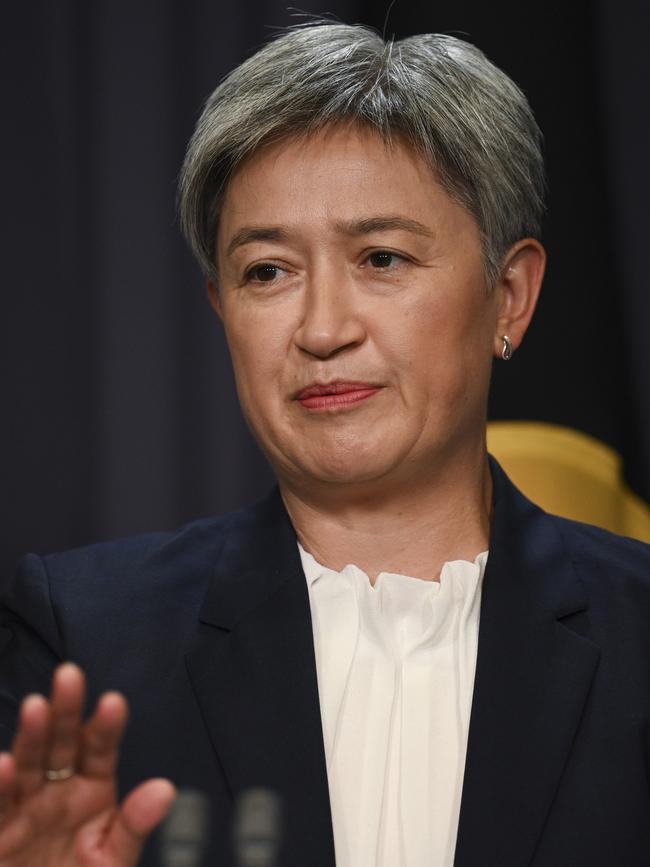
Before moving to Australia in 2000, Dr Yang worked for China’s Ministry of State Security, the agency that detained him at Guangzhou. It functions as something like a CIA-FBI hybrid and has been given more resources and authority during the Xi era.
Dr Yang later published a series of spy novels before completing a PhD at UTS on the internet and China’s potential to democratise.
Close friends have described him as an optimistic man who became deeply committed to transforming China after living in Hong Kong, the US and then Australia.
Colin Heseltine, Australia’s former deputy ambassador to China, said the sentence revealed Beijing’s security agencies had “gazumped” other parts of the government and “said to hell with bilateral relations with Australia”.
“It’s a classic example of when the security apparatus puts its foot down, they will have sway,” Mr Heseltine told The Australian.
Some close observers of his case suspect Dr Yang was the target of a retaliation campaign.
Weeks before his arrest, the Australian Security Intelligence Organisation cancelled billionaire property tycoon Huang Xiangmo’s Australian residency after he was the centre of a foreign interference scandal involving former Labor powerbroker Sam Dastyari.
Reports of ASIO’s action – which infuriated Beijing – came out in February 2019, weeks after Dr Yang was nabbed after arriving from New York, where he had been based as a visiting scholar at Columbia University.
A similar dynamic appeared to be in play in August 2020 when Australian journalist Cheng Lei was detained in Beijing only weeks after ASIO raided Chinese state media employees in Sydney.
Sources close to Australian intelligence agencies have told The Australian they believe it was a warning about consequences of constraining the ability of China’s intelligence system to operate in Australia.
Dr Yang has always refused to make a forced confession and dared Beijing to make public the charges against him.
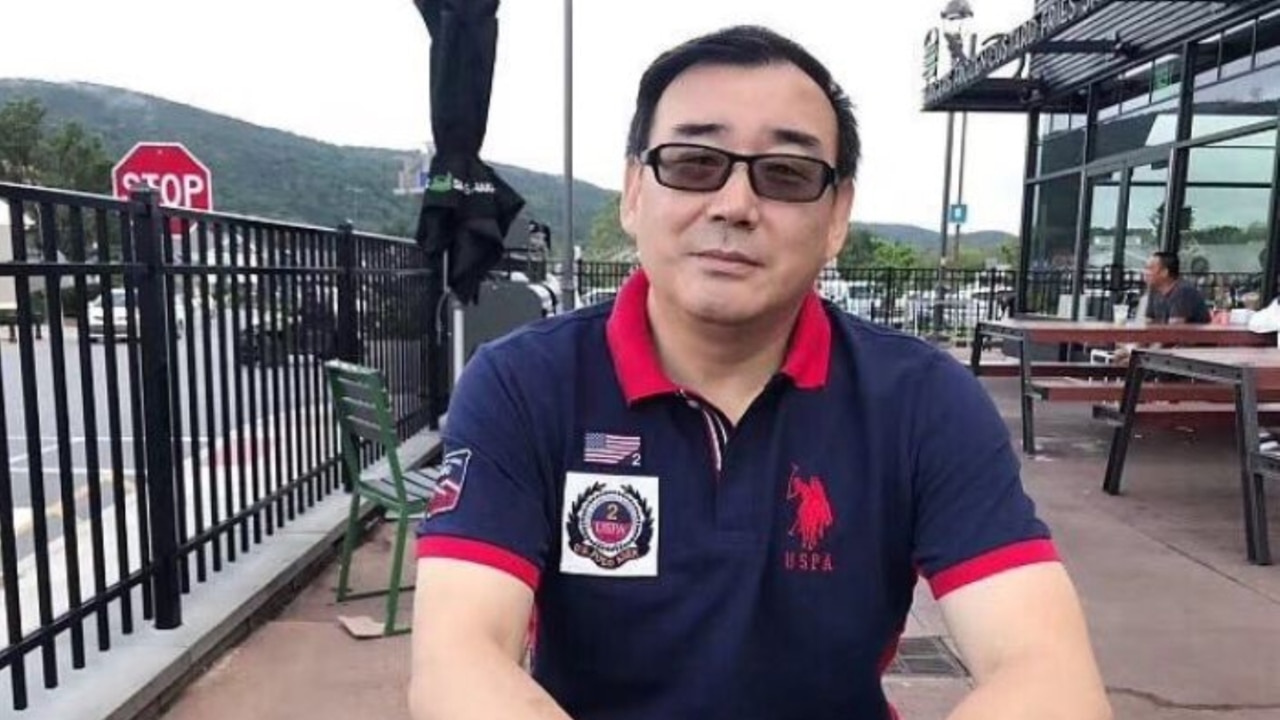
“I want the Chinese government to open my case and publish it. To provide details to the world, the Australian government and the country,” he said in a message to friends and supporters, released months after his trial in May 2021.
Dr Yang became best known in the Chinese language internet for his personal essays, which advocated for political democratisation within China and the need for the rule of law. In one, he urged his readers to respect Australia’s democratic system after Chinese university students harassed pro-Tibet protesters as the Olympic torch passed through Australia before the 2008 Beijing Games.
In another statement, Dr Yang said his ordeal had not changed his beliefs. “When I was outside, one of my objectives was to advocate for rule of law,” he said. “I didn’t believe that I would end up becoming a victim of rule by power.”
By 2015, his writings were mostly banned in China, following an ever-widening crackdown on civil society led by President Xi.
Opposition foreign affairs spokesman Simon Birmingham said Dr Yang’s treatment was a reminder of the “stark differences between our systems of government and systems of justice”.
“Not only is this a painful blow to Dr Yang but in terms of people-to-people relations, it is a reminder of the risks that apply in doing business or engaging with China,” Senator Birmingham said.


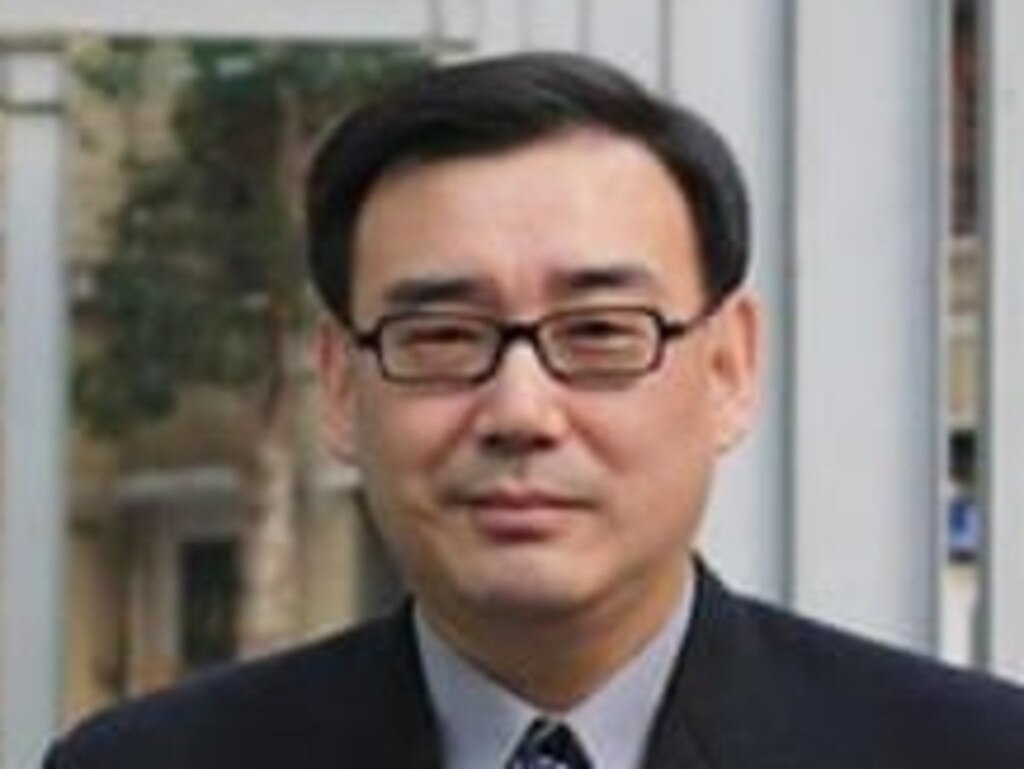


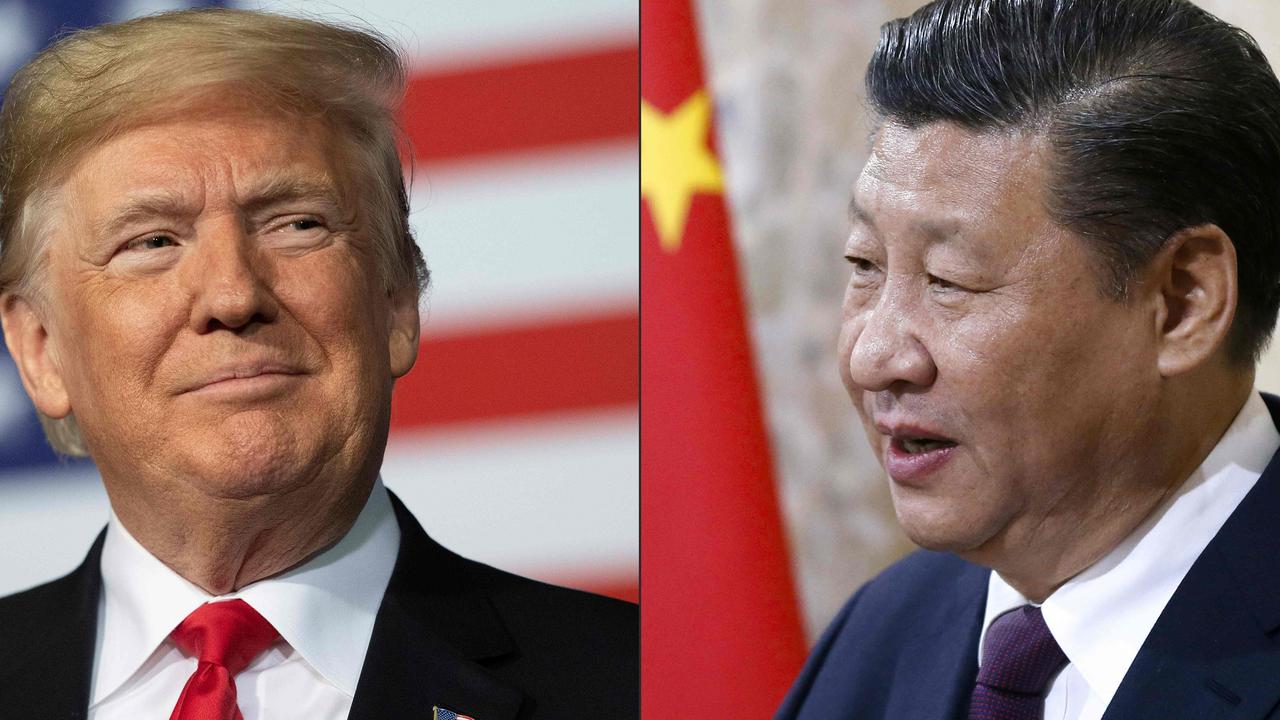
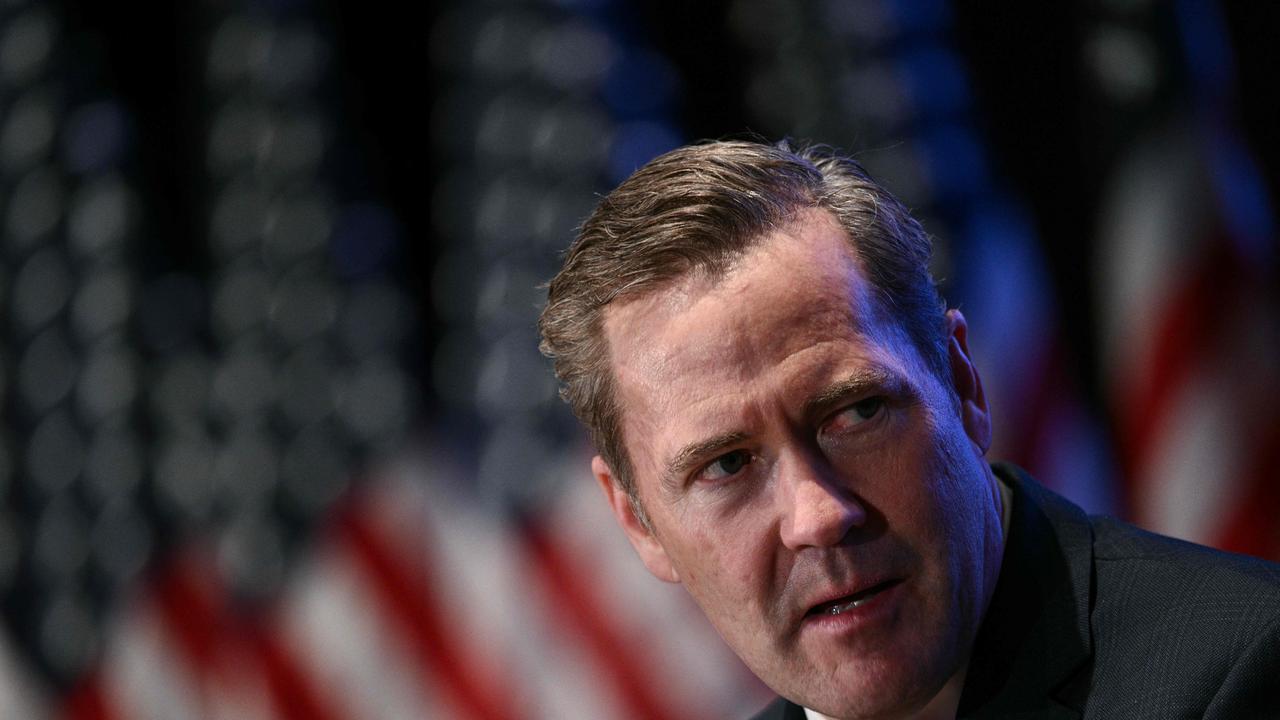
To join the conversation, please log in. Don't have an account? Register
Join the conversation, you are commenting as Logout